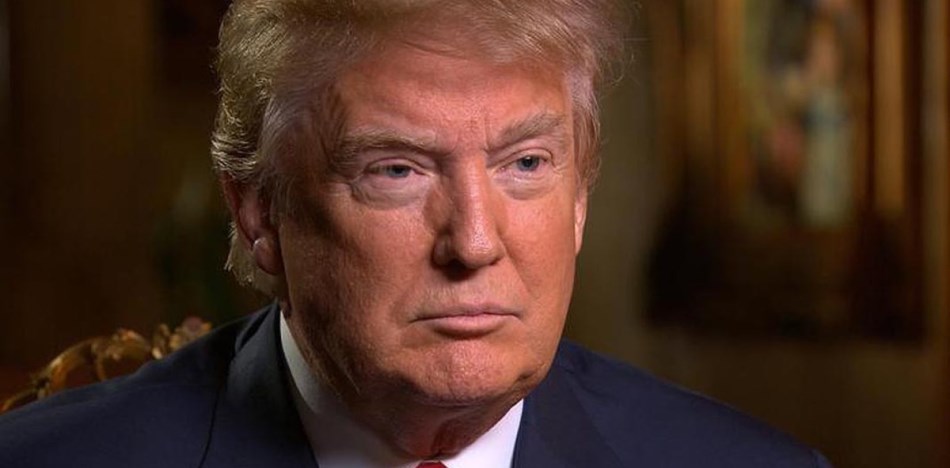
EspañolPresident-elect Donald Trump has intentions to renegotiate trade deals with Mexico and other countries, to build a border fence across the southern border and to deport thousands of undocumented immigrants have made it conventional wisdom that his administration will have an antagonistic and rocky relationship with Latin America.
Yet, an exceptional opportunity now exists for the Trump administration to positively redefine the relationship of the United States with its southern neighbors.
For nearly 60 years, the Unites States has unsuccessfully attempted to redefine its political and economic relationship with Latin America, most famously with President John F. Kennedy’s Alliance for Progress in 1961, and with President Ronald Reagan’s 1982 address before the Organization of American States that announced his Caribbean Basin Initiative. Empirically, these policies turned out to be not much more than short-lived public relation successes. The Alliance for Progress in particular, was a sort of failed US response to the Cuban Revolution.
Since the early 1960s, working intellectually against US policy efforts in Latin America were the disciples of “dependency theory,” who blamed United States “imperialism” for all the continent’s ills. The book Dependency and Development in Latin America, written in 1965 by sociologists Fernando Enrique Cardoso and Enzo Faletto, became the Left’s theoretical textbook for economic development. The book was required reading in Latin American universities as well as for Latin American programs in American universities. A wiser Cardoso later served as President of Brazil (1995-2002) and acknowledged that he knew little about economics when he wrote his book.
But most importantly, it was the Cuban Revolution and the Robin Hood image of Fidel Castro and his willingness to confront the United States that gave practical context to Latin America’s anti-Yankee posture inspired by Cardoso and Faletto’s dependency theory. Since 1959, Fidel Castro had been not only an inspiration to the Latin American Left, but its de facto continental leader. With Fidel Castro’s death, the Latin American Left has lost its champion.
And, with the abysmal failure of his economic model, the Latin American Left has also lost its strategic direction.
There is no one in Latin America today with the charisma and revolutionary credentials to replace Fidel Castro in the mentorship role he played in the continent. Also, the universal failure of centrally planned economic models leaves the region without a viable politico-economic paradigm. The Latin American Left is currently a politico-economic orphan.
This confluence of events presents the United States with the best opportunity in 60 years to positively redefine its relationship with the hemisphere on values of democratic governance, limited government and free markets.
- Read More: Graffiti Artist “El Sexto” Still Imprisoned Without Food or Clothes in Cuba
- Read More: Trump Only World Leader to Recognize Fidel Castro’s Failed Dictatorship
Historically, US policy toward Latin America has shifted from neglect to intervention, from inattention to paternalistic involvement. The incoming administration, with its business acumen, intuitively understands that a Latin America that is entrepreneurial, prosperous and free market oriented is in the national interest of the United States on multiple fronts: it limits the influence in the region of hostile foreign powers such as Iran or Russia. It begins to address the economic root causes of the migration problem, it enhances markets and opportunities for American companies and it promotes democratic governance.
Trump recognizes that US and Latin American national interests will not necessarily always coincide. And that no nation, be it the United States or any Latin American nation, should be faulted for pursuing its national interests. The principal security challenges to the US from the Hemisphere are not military or economic; they are challenges embedded in a failed hostile ideology of collectivism that can now be uprooted.
This understanding opens the door for the design of imaginative policies that acknowledge that a productive relationship is not always a happy relationship. With Fidel Castro gone, and his economic ideology discredited, the Trump administration now has an opportunity to bring Latin America out of the collectivist camp. To do so, it needs to implement policies that allow Latin-Americans to perceive that it is in their best interest to choose the side of innovation, entrepreneurship and free markets; which is, demonstrably, the side of prosperity and freedom.
 Versión Español
Versión Español












